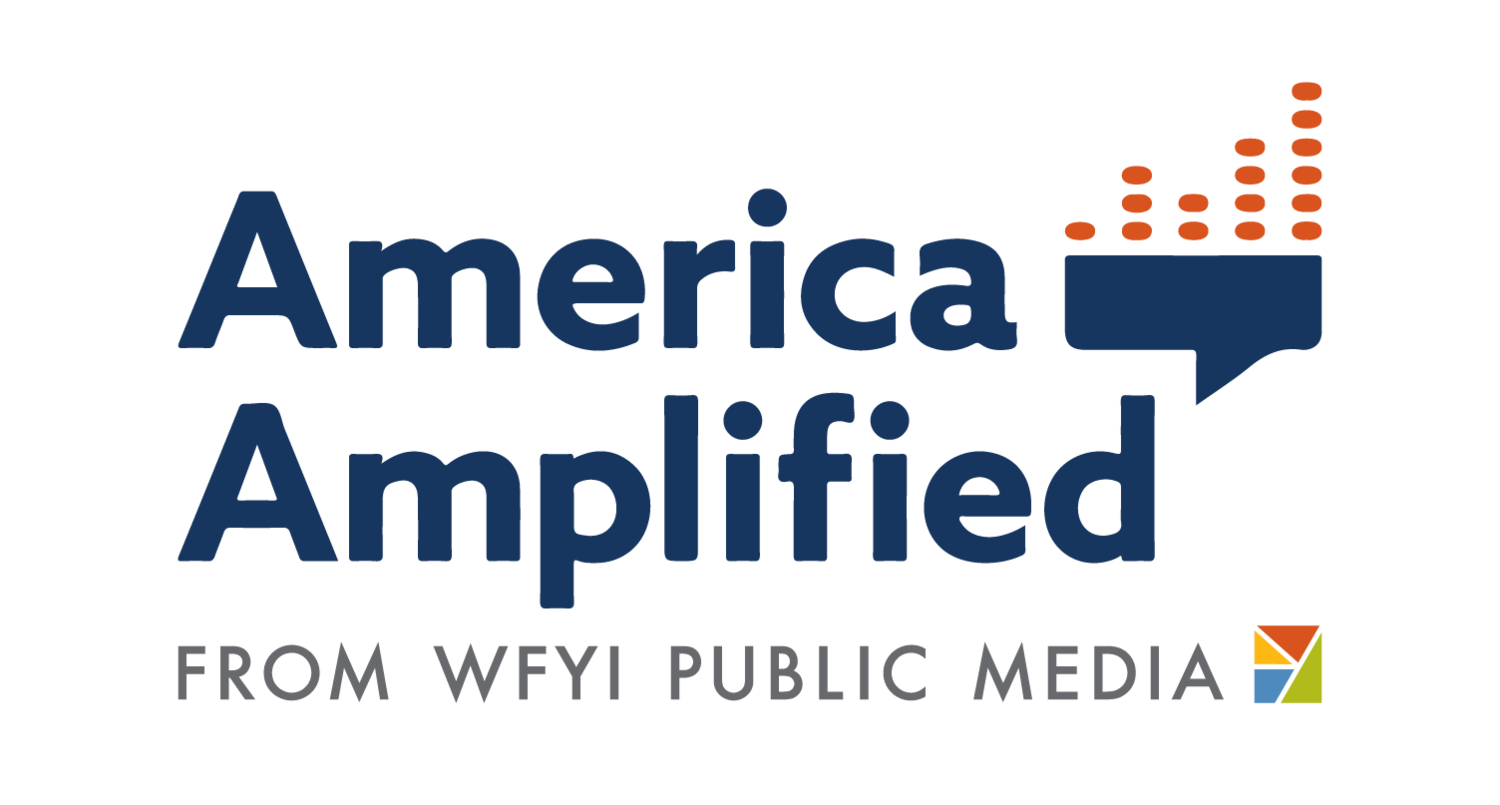In Louisiana, Hurricane Season Is Always Big News. Here’s How WWNO Stays Ahead.
Photo by Carly Berlin, WWNO
If you live in hurricane country, you most likely know you need to have a plan for when storms come. But not everyone knows exactly what that plan should look like, and it can be confusing to keep up with directives from official sources. WWNO’s community engagement goals this year include providing their community with needed information in the face of a disaster. So they opened up their inbox to questions from the community about how to best prepare for a hurricane. Reporter Carly Berlin told us how the project went and what they’ve learned so far.
Tell us who you are, and share a brief summary of the reporting project?
I’m Carly Berlin and I’m a reporter for WWNO in New Orleans. I focus on housing, transportation, and city government – along with hurricane preparedness and recovery.
I headed up an effort to collect questions from our audience about preparing for this year’s hurricane season, which our newsroom then used to guide our coverage. We put out a call for questions on our site, in our newsletters, and on the air. Using an online survey, we kept track of questions we received, and used them as starting points for service pieces we reported throughout the season, including ones about how to decide when to evacuate, what to pack in a go-bag, and where to find back-up power in the event of a post-storm outage.
How did community engagement inform your reporting?
The questions we received through the form served as our jumping off points for these stories, and in some cases even informed how we framed them. When I was working on our explainer on making evacuation decisions, I found myself struggling to give clear guidance on a tough question: how do you decide when to stay put, and when to leave?
I could, of course, relay what officials say: that the safest option is always to leave when a major hurricane heads our way. But any individual’s decision will ultimately come down to their mobility and their means – evacuating is expensive, and many New Orleanians lack access to a car. So I decided to frame the lede around why it’s a difficult question to answer. Here’s the opening:
When we asked for your questions about preparing for hurricane season back in June, a common theme emerged. You wanted to know: when a hurricane comes our way, how do you decide when to stay and when to evacuate?
The short answer: it’s complicated, and getting more so. The general rule of thumb is to leave when a major hurricane – Category 3 or higher – approaches the coast. But rapidly intensifying hurricanes, like last year’s Ida, can leave little time to get out beforehand, throwing a wrench in the conventional wisdom and past plans.
Any family’s decision will come down to what’s best for them – and what they can afford, as evacuating can be expensive, especially with gas prices at a high. We can’t make the call for you, but we can lay out the information you need to consider when making your plans.
How did you build trust in the community you were reporting on?
We responded to every single person who sent us a question, when they provided their contact information.
How are you bringing this reporting back to the community?
These pieces all ran both as digital and radio stories. In the future, I’d love to bring hard copies of these kinds of service stories out to public libraries and the like. This was our team’s first engagement project, though, so we’re experimenting and figuring out what works for us, and what we have capacity for.
What lessons do you take away from this project in terms of strengthening your engagement?
We got the majority of our responses to the form early in hurricane season this year, when we put the form out. It’s been a quiet season, so understandably, many of our listeners and readers are likely enjoying not thinking as actively about preparing as they’ve needed to over the past few years (myself included). All to say – I’m continuing to think about the best ways to time engagement projects, specifically looking at when our audience may have questions on a subject, and how we can best deliver information back to them.


